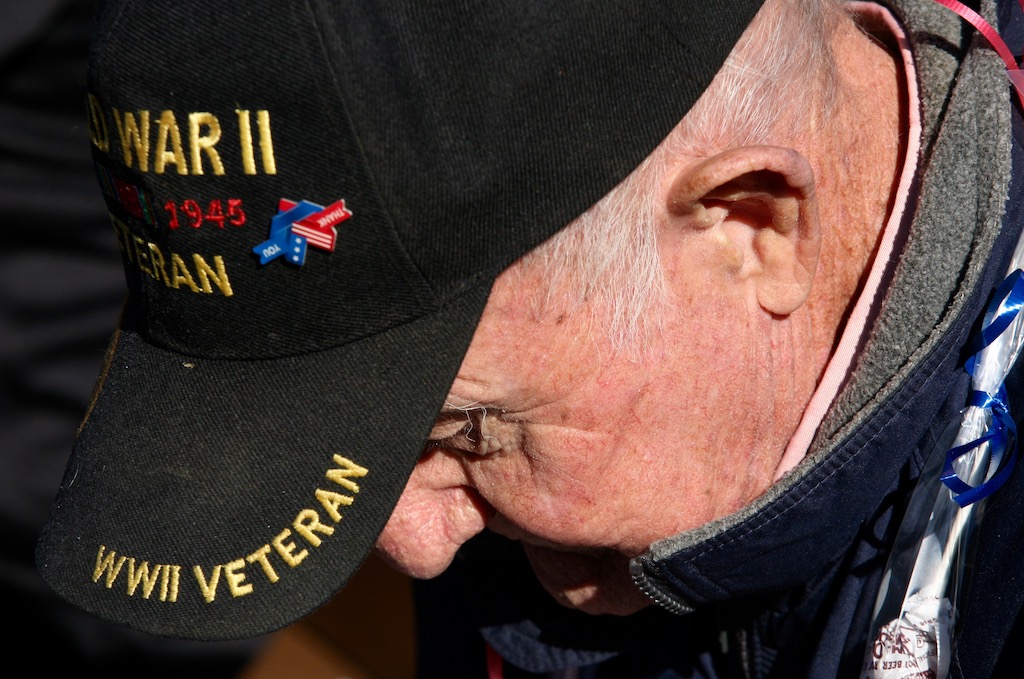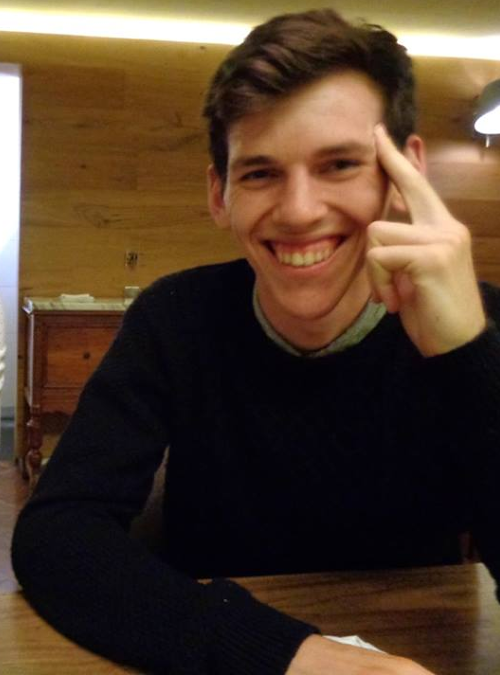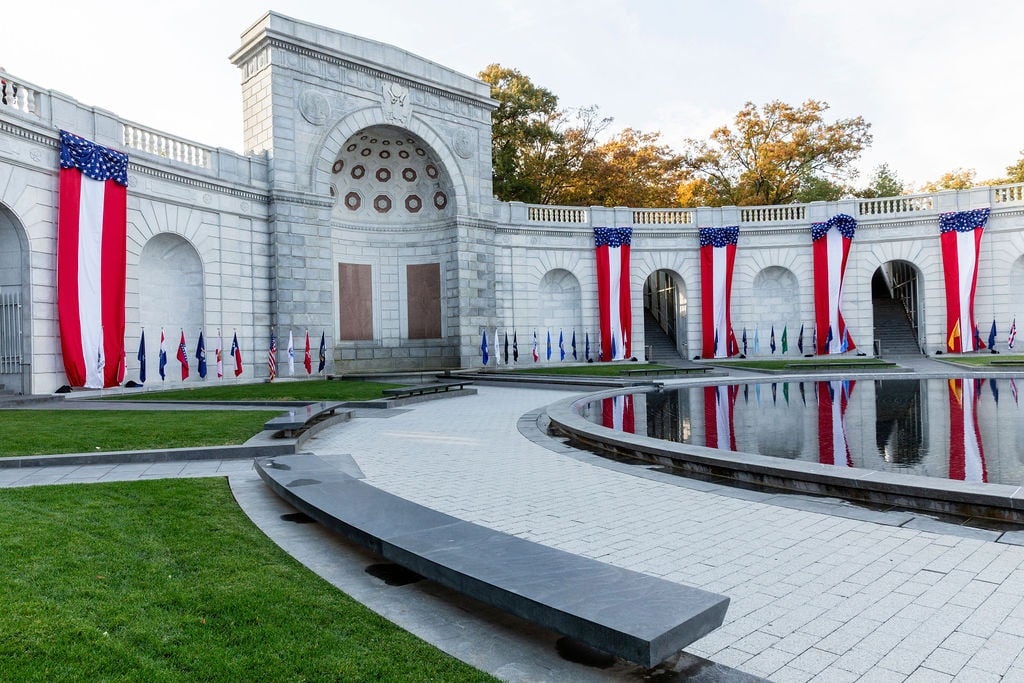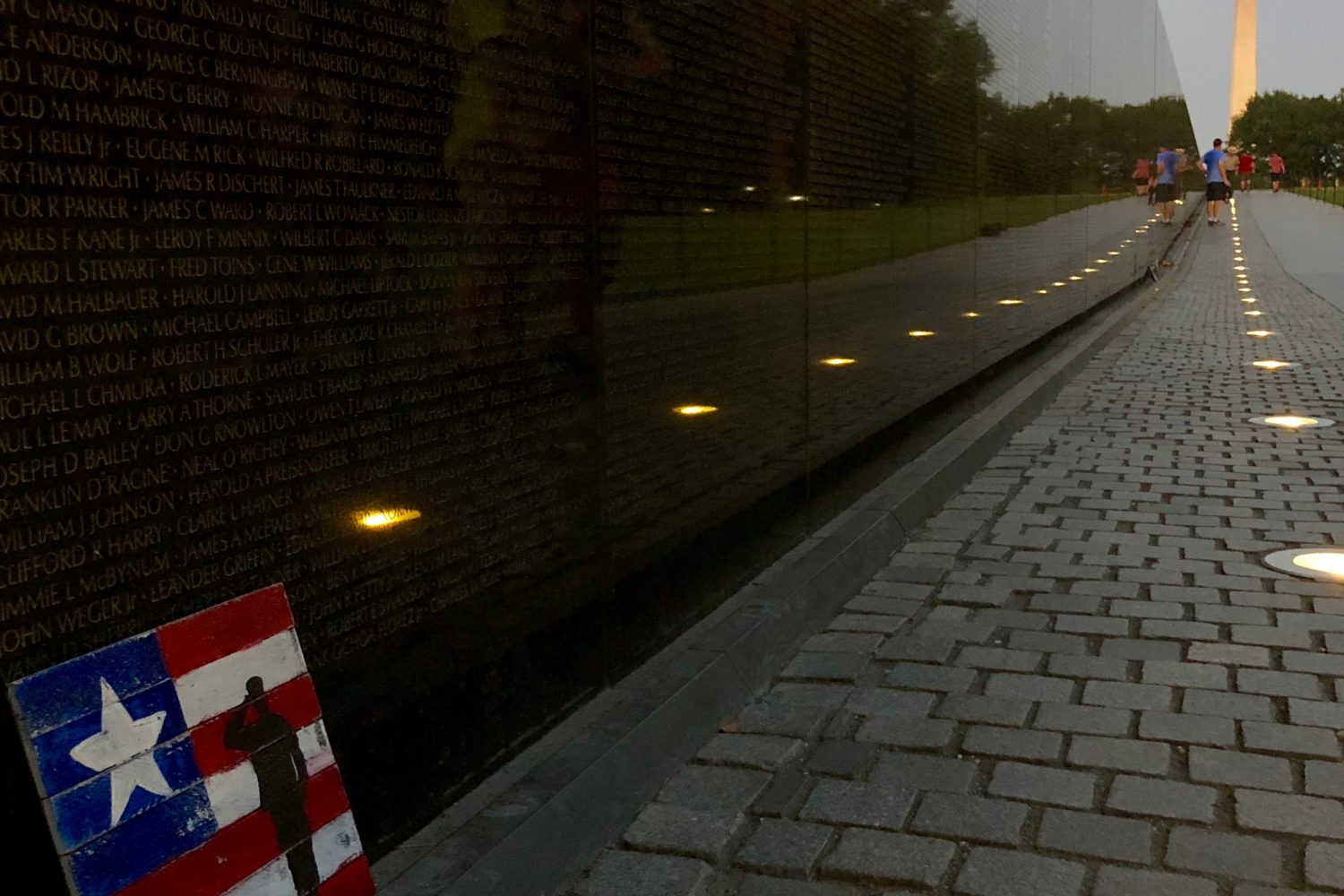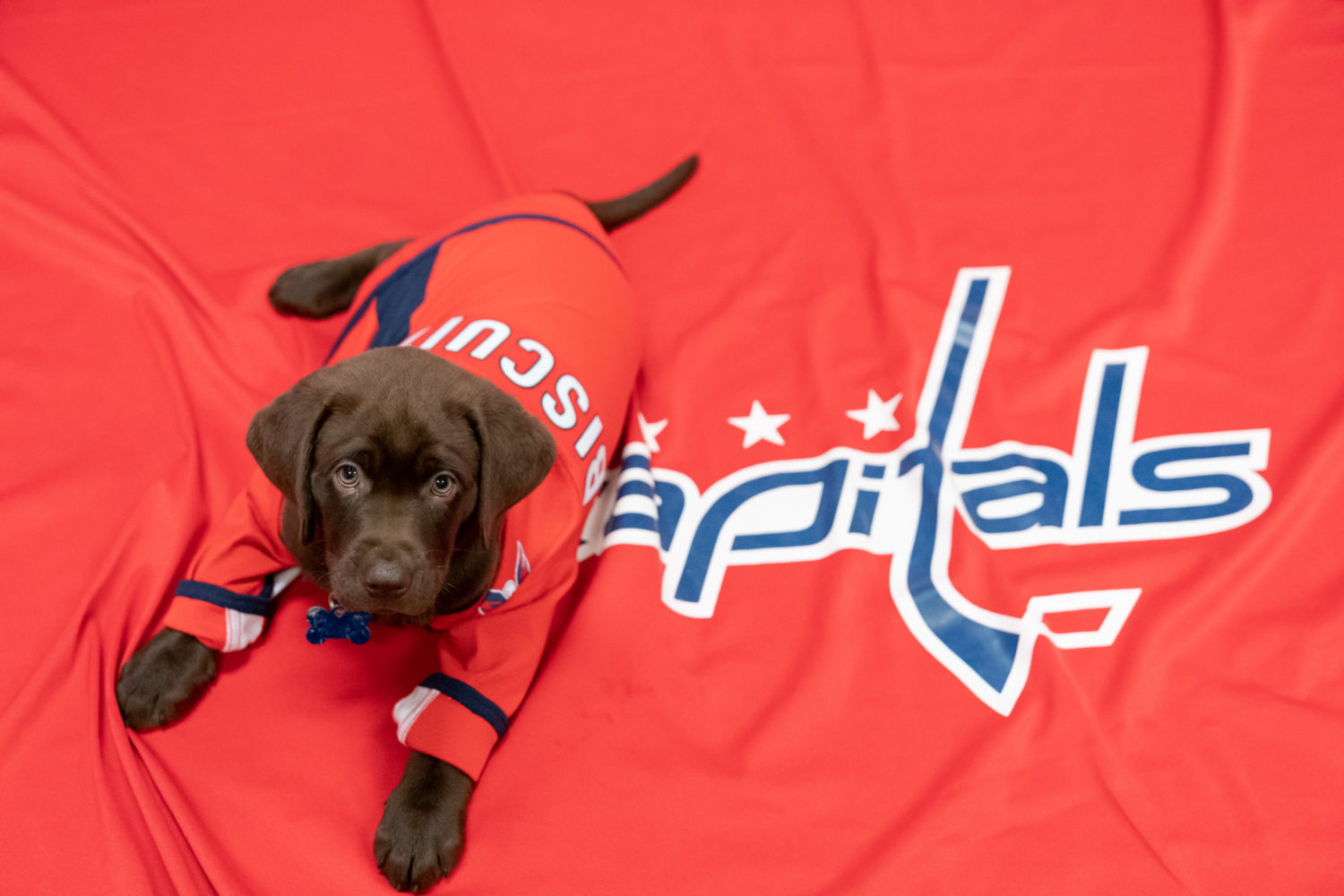In 2012, Washington lawyer Jamie Rudert was told that working for the Vietnam Veterans of America counted as public service. After ten years of qualifying work, his law school loans would be forgiven. Last year, the Department of Education changed its mind, and he learned the three years he put in at VVA wouldn’t count.
Rudert and other nonprofit lawyers are now suing the Department of Education for retroactively reversing itself on the Public Service Loan Forgiveness program, which is designed to eliminate the student-loan obligations of workers who spend ten years in public service. In a late-March court filing, the Department of Education defended its ability to retroactively deny certifications.
Cassi Harden, a membership coordinator at the New York American Legion, also told Washingtonian that she was retroactively denied for four years of payments last year. In a letter to a lawyer, Harden said she hoped she wouldn’t have to “start all over again at both a brand new career and ten years of qualifying payments, which have the possibility of being reversed at any time over the ten years.” Harden is not a plaintiff in the suit against the Education Department.
But for the 550,000 workers enrolled in the program, a few reversals may be the least of their problems. Conservative policy experts would rather eliminate it entirely.
The PSLF program, which was created with bipartisan support in 2007, applies to all government positions, most non-profit jobs, as well as fields like nursing and public education. While most tax-exempt nonprofits are organized under section 501(c)3 of the federal tax code, groups that serve veterans, like Vietnam Veterans of America and the American Legion, have their own designation, 501(c)(19). Thirty-six Democratic senators signed a letter asking Education Secretary Betsy DeVos to clarify those groups’ eligibility following a New York Times story about the department’s policy change.
Graduate students can take out unlimited PSLF-eligible loans, while independent undergrads are limited to $57,500. Jason Delisle, a resident fellow at the American Enterprise Institute, believes it makes the program an “outrageously generous” gift to grad students. He argues that it also distorts tuition markets by allowing students to buy something they’ll never pay the full-price for. The libertarian Cato Institute’s Neal McCluskey asked why hospital workers should get preference over Apple accountants.
The program’s backers say it’s essential for people like public defenders, who make relatively little compared to their law-school classmates after finishing expensive degrees. After college, Rudert worked as a paralegal at the Legal Aid Society in DC, and went to law school at American University to help people with disabilities. He graduated with $130,000 of debt and says he didn’t make enough at Vietnam Veterans of America to pay it off. Rudert now works at Paralyzed Veterans of America, a 501(c)(3) that is certified to participate in PSLF. Overall, about 40 percent of program participants earn less than $40,000 a year. Less than ten percent make more than $80,000.
The Government Accountability Office estimates that roughly 4 million people could qualify for PSLF, yet only 550,000 are certified. Rohit Chopra, a senior fellow at the Consumer Federation of America, says the program’s complexity prevents many eligible workers from participating. Part of the problem is that only one company, FedLoan Servicing, works with enrollees. Competitors lose a client every time someone switches into the program. It’s “infuriating that employers or loan servicers wrongfully throw up obstacles that make it almost impossible to access the loan forgiveness provisions,” Randi Weingarten, the president of the American Federation of Teachers, said in a statement to Washingtonian.
The Education Department hasn’t done much to promote the program either, according to reports from the GAO. The most obvious sign that PSLF participants are confused is that almost 20,000 are in ten-year repayment plans—meaning they’ll pay off their debt before they’re eligible for loan forgiveness.
Despite what some see as low enrollment, Delisle believes the program could be a “bonanza” of federal spending. The Obama Administration was concerned too. It proposed capping debt forgiveness for grad students at $57,500, which would have saved over $600 million per year. Progressives opposed it and conservatives thought it wasn’t enough.
That was “hardly a cap,” Delisle says. “It was almost an embarrassment.” The Obama Administration’s proposal went nowhere in Congress. Delisle says Republicans were waiting to see if taking back the White House would let them come up with their own plan. The program hasn’t actually spent any money yet; the first batch of enrollees don’t become eligible for loan forgiveness until October.
It’s unclear what the Republican-led government will do now. PSLF helps police officers and firefighters, along with NPR reporters, museum curators, and climate-change scientists. Delise thinks eliminating subsidies for those workers is “low-hanging fruit.” He says he’d be “surprised if the program can survive for very long,” though he believes current participants should be grandfathered in.
Rudert sees it more personally. At Vietnam Veterans of America, he appealed decisions when vets were denied benefits for injuries caused by Agent Orange and post-traumatic stress. It wasn’t easy work, but he thought it was important to help disabled Vietnam vets. “I really wanted to pursue that opportunity,” he says. “But I also knew that in order to do that job, for me, it was a requirement that it would qualify under this program.”

